FREQUENTLY ASKED QUESTIONS
Are reservations required?
Reservations are not required. However, we do recommend reservations, especially for the busier times, such as dinner between 6pm-9pm. You can use Yelp to reserve. For parties of 12 or more, please call us to arrange the reservation so we can best serve you.
Are you BYOB?
No longer. We were only BYOB for our soft opening week and the grand opening. We now have a full bar and signature cocktail program, along with imported beers, sake, soju and spirits. Cheers!
Do you have vegetarian options?
Yes. Most of our side dishes are vegetarian, and of course all the fresh vegetables. We have many vegetarian customers who can still enjoy the communal grilling experience. Grilled pineapple is an amazing flavor!
Do you have gluten-free options?
Yes. Most of our menu is gluten-free, except for some side dishes and marinated meats. We’re currently working on gluten-free as well as sugar-free sauce recipes.
Whats the difference between Japanese BBQ and Korean BBQ?
Japanese BBQ dining and Korean BBQ dining are similar in that they both involve grilling meat over an open flame. However, there are some key differences between the two styles of BBQ.
One of the main differences is the type of meat that is typically used. In Japanese BBQ, beef is the most common meat that is grilled, whereas in Korean BBQ, pork and beef are both popular choices. Additionally, Korean BBQ often features a wider variety of meats, such as chicken, duck, and seafood, whereas Japanese BBQ tends to focus more on beef.
Another difference between the two styles of BBQ is the way that the meat is prepared. In Japanese BBQ, the meat is often marinated in a sweet and savory sauce, such as soy sauce or miso, before it is grilled. In Korean BBQ, the meat is often seasoned with a mixture of spices and sauces, such as gochujang (red pepper paste) and sesame oil, before it is grilled.
Additionally, the dining experience itself is often different. In Japanese BBQ restaurants, the meat is typically cooked by the diners at the table on a small grill, whereas in Korean BBQ restaurants, the meat is often cooked by the restaurant staff and brought to the table ready to eat.
